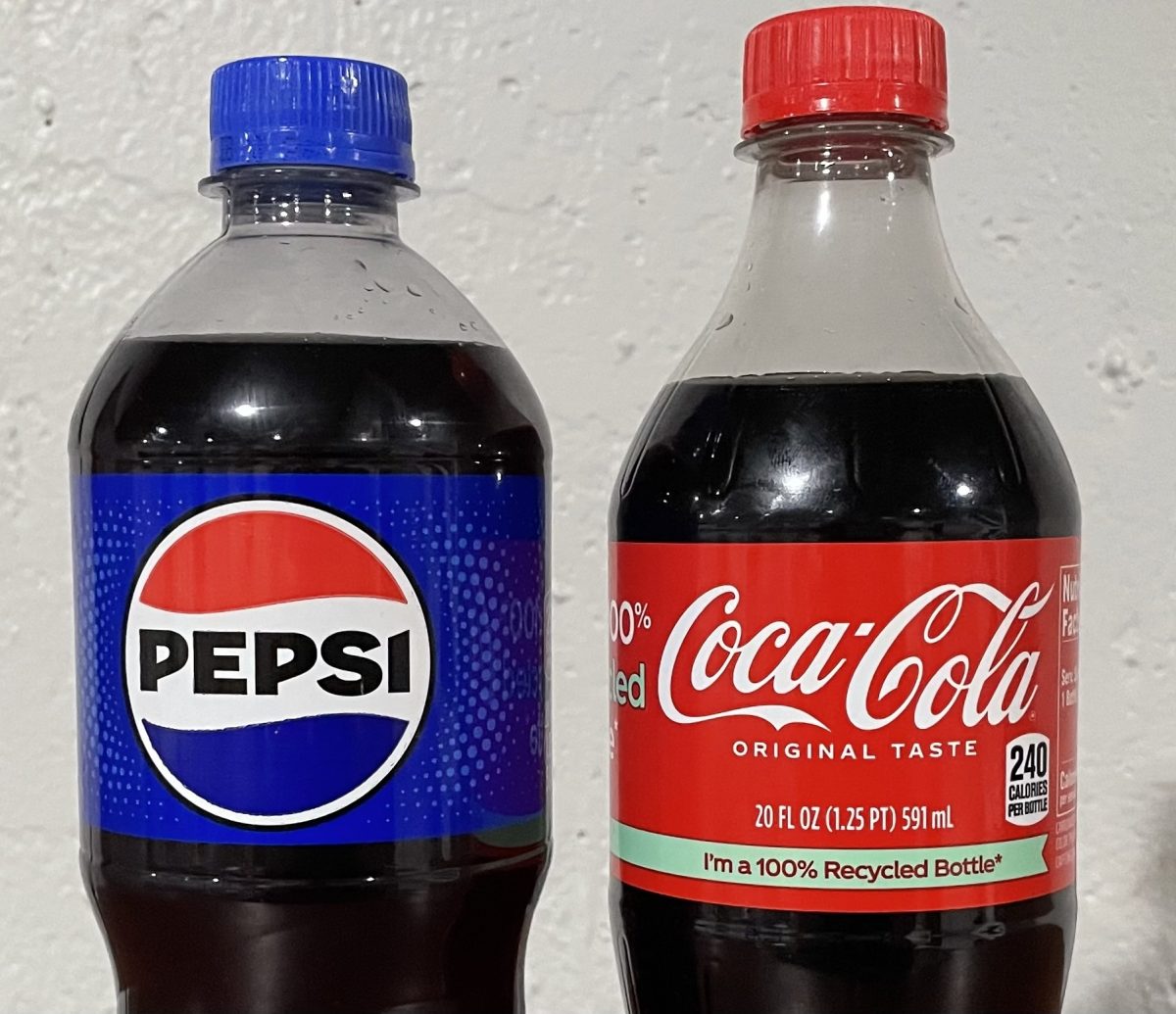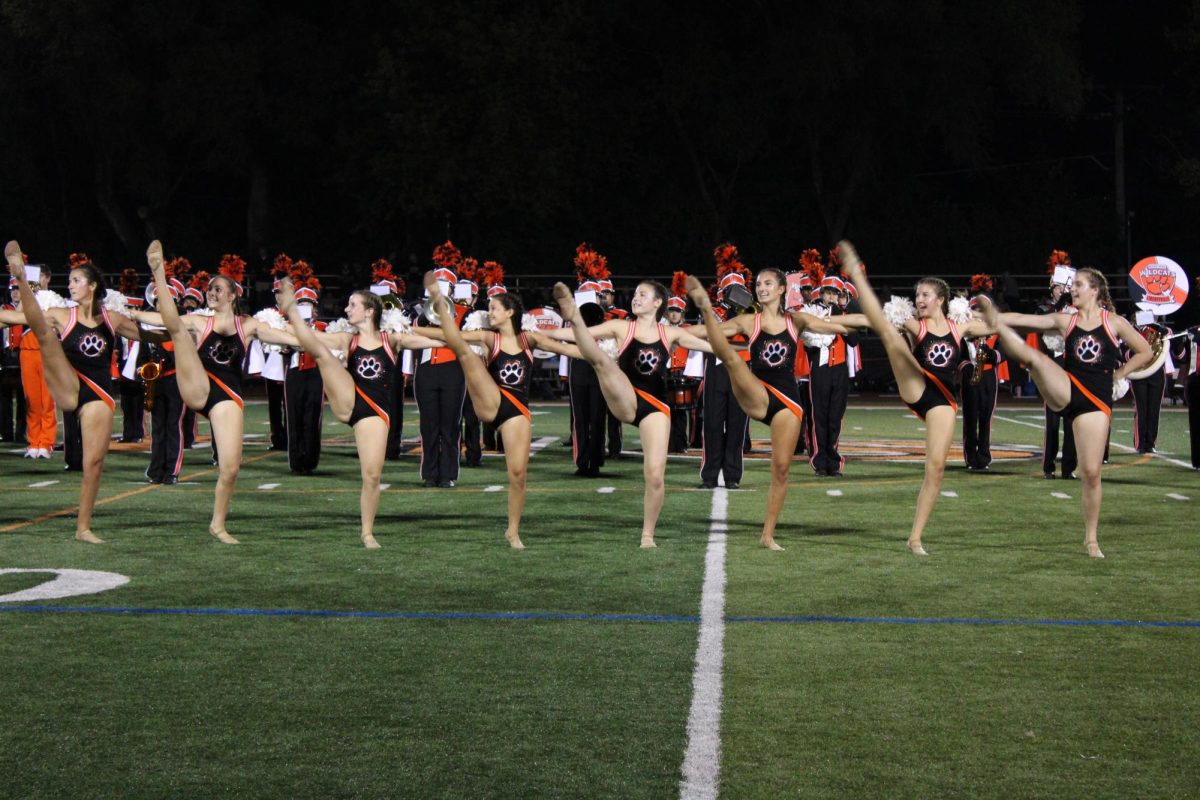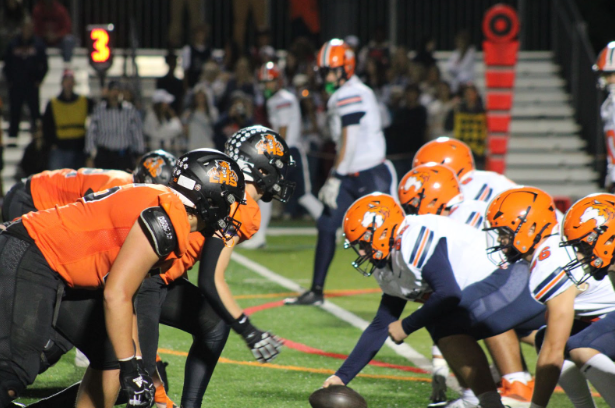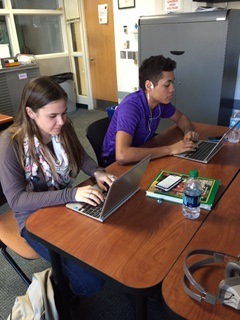
On Tuesday, Jan. 27, the District 128 Board of Education had a meeting to discuss a program for D128 students that will stay up-to-date with the increasing technological advances while maintaining student learning at a central focus point.
Administrators and teachers at Libertyville High School and Vernon Hills High School feel “the next logical step in the D128 Digital Learning strategy is to provide every student with a device to use from classroom to classroom and beyond the school day,” according to D128’s Digital Learning Strategy for 2015-16.
The buzz of this news has been a frequent topic among student conversations as some students are in favor of this change, while others are not.
“I think it’ll distract students more than help them,” said sophomore Daniel Marks.
What students may not realize as they voice their opinions is the extensive planning and research that has taken place for this change. Beginning in 2009, teachers have been working with Google Apps and other tools to complement the student learning experience. In 2011, after learning and assimilating student curriculum with Google Apps, all D128 employees and students began working with Google Apps.
Ever since the assimilation of Google Apps in 2011, “teachers continue to advance their own learning, often in sessions and coaching opportunities provided by district colleagues,” according to D128’s Digital Learning Strategy for 2015-16.
“I think its convenient because I don’t have a laptop and there’s only one computer in my house,” said junior Mary Ahern.
A common question arises among students, parents, and faculty members when the topic of wholly assimilating Chromebooks comes up: how will this work?
The D128 I.T. Department has spent the last few years perfecting a Wi-Fi management system in each high school to ensure a strong foundation for the new program that greatly depends on a strong Wi-Fi system.
Students mainly access the Chromebooks and iPads through the use of mobile carts located in classrooms and resource areas such as the MASH, Drop in Lab, and The Write Place.
“Decisions related to device selection and distribution procedures will be informed by ongoing study of best practice and will be made collaboratively during the 2014-15 school year,” according to D128’s Digital Learning Strategy for 2015-16.
Now to the best part: which specific device will students be using next year? The answer as of now is the Chromebook. After piloting Windows laptops, netbooks, Android tablets, iPads and Chromebooks over the past few years, D128 feels Chromebooks are the most appropriate device to be used. The reason for this is the Chromebook’s long battery life of 8-10 hours, a “real” keyboard as opposed to a touch-screen keyboard, and because Google Apps is designed to work best with the Chrome browser of a Chromebook, according to D128’s Digital Learning Strategy for 2015-16.
With technology advancing rapidly, the district has come to the conclusion that students need to be online. Chromebooks allow students to not only access the internet, but access all the tools and resources that Google Apps offers with a Google account.
District 128 feels confident in the Chromebook’s ability to serve as a strong device that enhances student learning. “Currently, the district has over 1,900 Samsung model Series 3 Chromebooks in use across the district,” according to D128’s Digital Learning Strategy for 2015-16.
Given this, it is highly unlikely that all students will receive the same Chromebook model each year as this type of technology, like many others, changes rapidly.
The new era of technology is among us and whether or not students are in favor of Digital Learning Strategy for 2015-16, it is the new reality.




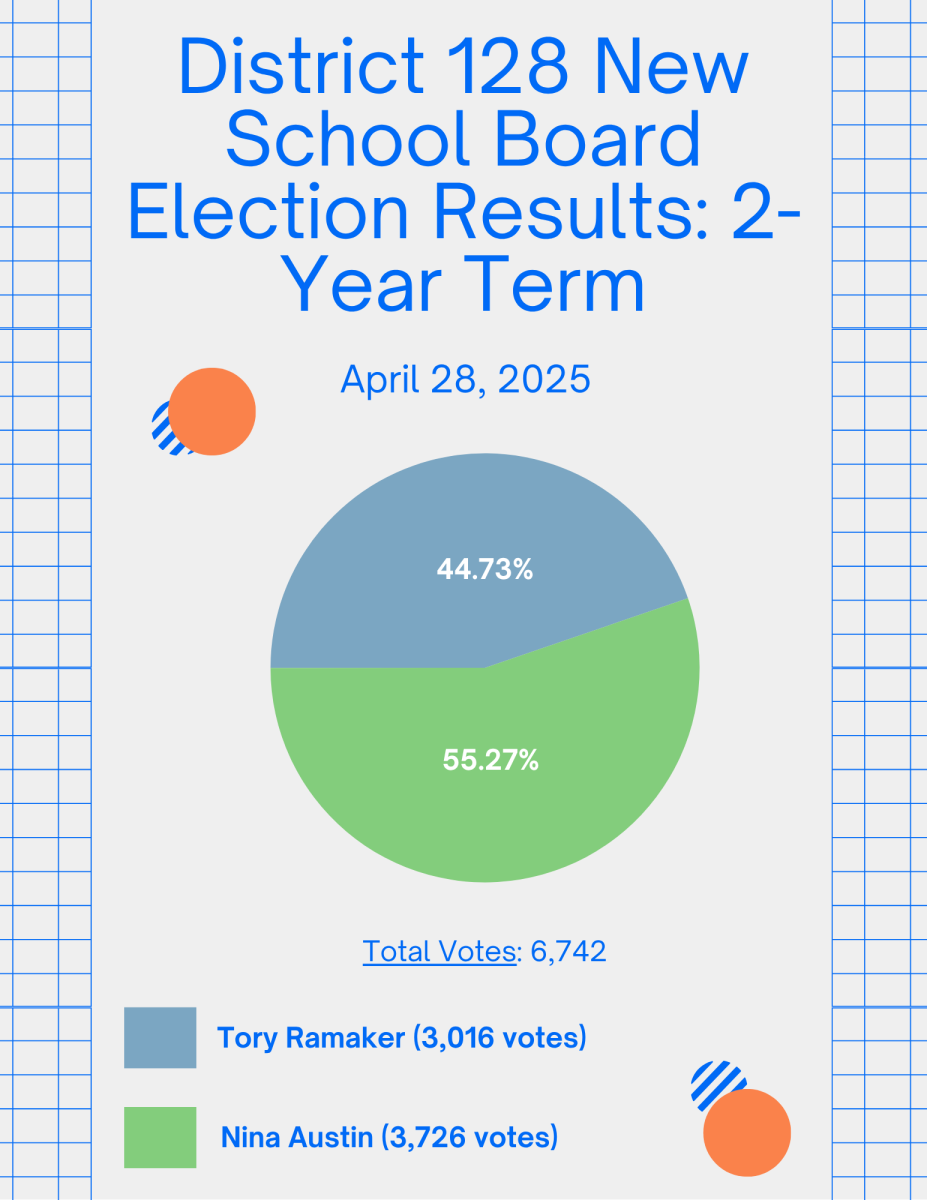
![Mr. Abullh Ali, manager/assistant, helps open Queen Yemeni Coffee in downtown Libertyville at 606 North Milwaukee Ave. With the help of employees such as manager and LHS senior Yousef Taha, they are able to bring the Yemeni and Ethiopian culture to Libertyville by using their Queen spices, cinnamon and cardamom in their drinks such as Adani Chai, which is inspired by Sheda, the Queen of Yemen and Ethiopia. “The history of our coffee [is] a long history and we believe that Yemen and Ethiopia started the coffee and we are bringing something unique to the community,” Mr. Ali said.](https://www.lhsdoi.com/wp-content/uploads/2025/04/Photo-1-1200x800.jpg)

